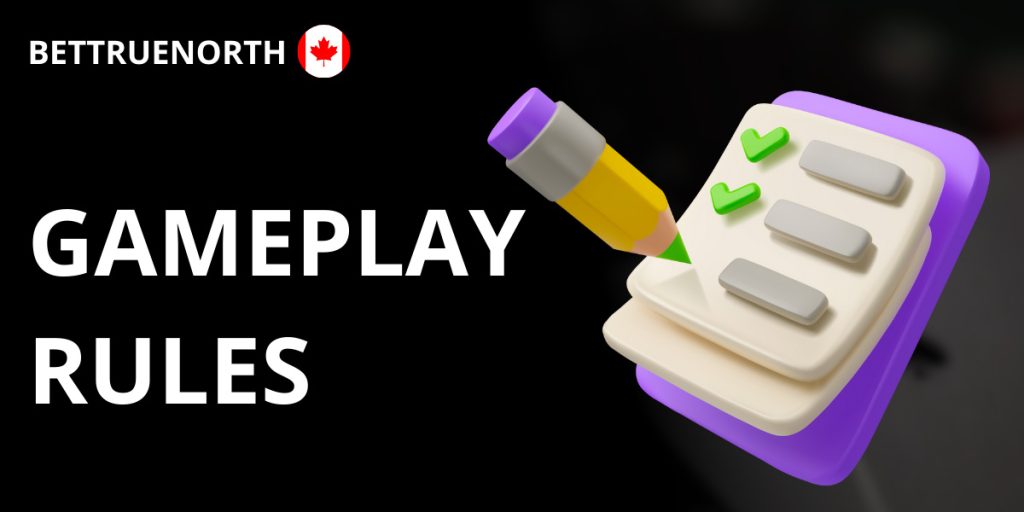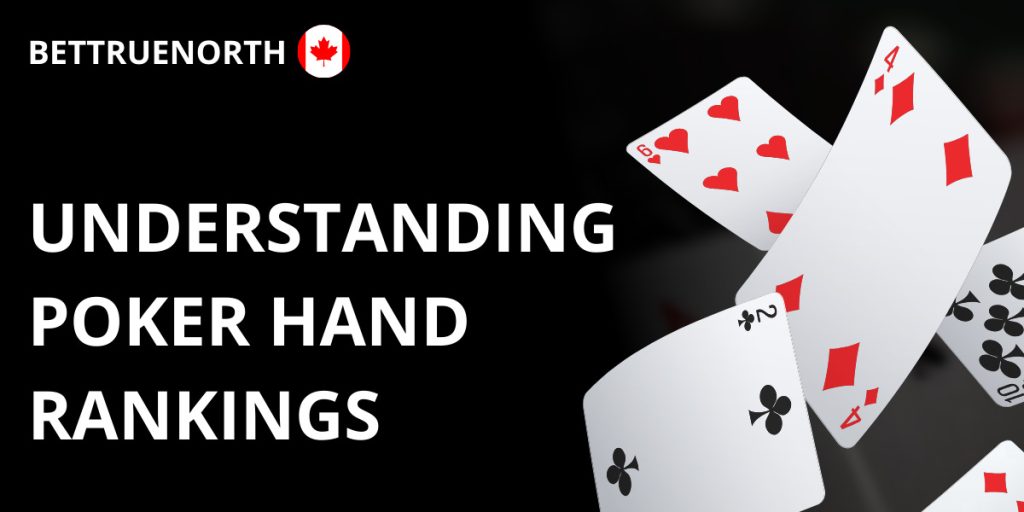Caribbean Stud Poker is a popular casino table game with origins shrouded in mystery. While the creator remains unknown, what we do know for sure is that Caribbean stud poker offers a fun and social experience for players of all skill levels.
As a new player, the most important thing to understand about Caribbean Stud is that it contains elements of traditional poker, but is played against the house rather than other players. So while you’ll get excited when your tablemates hit big hands, you aren’t directly competing against them. Your goal is simply to beat the dealer’s hand.
With approachable rules and gameplay, Caribbean stud poker delivers an enjoyable casino gambling experience that anyone can easily pick up. Before you take a seat at the table, make sure you understand the basics covered in the next section.
Simple Gameplay Rules

Caribbean Stud Poker follows easy-to-grasp rules that you’ll pick up after just a couple of hands. Here is a quick overview of the key gameplay elements:
- Each player places an initial bet to receive an initial hand of 5 facedown cards
- The dealer also takes 5 cards with 1 card revealed face up
- You view your hidden cards and decide whether to fold or raise (place a “play” bet)
- The dealer then reveals their cards and pays out winnings if your hand beats theirs
- You win on both initial and play bets if your hand is higher than the dealer’s
- The dealer needs at least ace-king to qualify (if not, you still win the initial bet)
That covers the basic flow of Caribbean stud poker rules. As you can see, it’s a simple and social game centered around the singular goal of topping the dealer’s poker hand. With the fundamentals down, let’s look at exactly how a round plays out.
Getting Started Step-by-Step
Now that you know the basic Caribbean stud poker rules, let’s look at how a round actually plays out from start to finish:
- All players place an initial bet to receive 5 facedown cards from the dealer
- The dealer takes 5 cards as well, revealing 1 card face up
- You pick up and view your 5 hidden cards privately
- With your cards in mind, decide whether to fold or raise by placing a “play” bet equal to double your original initial bet
- The dealer then reveals their 4 hidden cards
- If your hand beats the dealer’s, you win both initial and play bets
- If the dealer doesn’t qualify with ace-king or better, you still win back your initial bet
It’s as easy as that! In just those few steps, you’ll be fully engaged in a round of Caribbean stud poker. Now let’s take a closer look at the key strategic decision you’ll make every hand – whether to fold or raise.
Understanding Poker Hand Rankings

One key aspect that sets Caribbean stud poker apart from other casino table games is that it utilizes standard poker hand rankings. Here is a quick reference chart:
| Poker Hand | Example |
| Royal Flush | A K Q J 10 (same suit) |
| Straight Flush | 5 4 3 2 A (same suit) |
| Four of a Kind | A A A A 7 |
| Full House | A A A K K |
| Flush | 5 9 Q J 8 (same suit) |
| Straight | 8 7 6 5 4 (any suit) |
| Three of a Kind | K K K 9 2 |
| Two Pair | A A 4 4 Q |
| One Pair | 10 10 9 7 3 |
| High Card | A 10 7 5 3 |
As you can see, hands are ranked from royal flushes down to a simple high card based on poker hand hierarchy.
With the rankings clear, you’ll know exactly where you stand every time you peek at your facedown cards. This allows you to make that pivotal decision to either fold or raise with confidence every round.
Evaluating Your Starting Hand
When facing the pivotal fold or raise decision in Caribbean Stud Poker, keep these strategic tips in mind:
- Raise with any starting hand that contains a pair or better
- Fold hands worse than ace-king
- Assess ace-king more closely based on the dealer’s upcard
Following those broad guidelines will lead to optimal results more often than not.
Understanding Caribbean Stud Payouts
One exciting aspect of Caribbean Stud Poker is the chance to win beyond the standard 1:1 payout on both initial and play bets. If you hit premium hands, the game offers these enhanced payout multiples:
| Hand | Payout |
| Royal Flush | 100:1 |
| Straight Flush | 50:1 |
| Four of a Kind | 20:1 |
| Full House | 7:1 |
| Flush | 5:1 |
| Straight | 4:1 |
| Three of a Kind | 3:1 |
| Two Pair | 2:1 |
As you can see, the payouts scale up dramatically for the top poker hands. Of course the probabilities of hitting those hands reliably aren’t in your favor, but the chance exists on every deal.
Chasing the Progressive Jackpot
Beyond the main game, Caribbean Stud Poker tempts players with a chance at hitting a progressive jackpot for a small $1 side bet.
The running jackpot tally feeds from a portion of each $1 bet, growing steadily until someone strikes poker gold with a royal flush. That single monumental hand pays 100% of the accumulated prize pool.
Lower hands also qualify for a slice of jackpot money as a consolation prize:
- 10% payout for straight flushes
- Fixed payouts for quads and lower
While recreational players love taking a shot for life-changing scores with the jackpot bet, it does tilt mathematical advantage further toward the casino. But for a buck a spin, many view it as cheap entertainment for some extra sweat equity on top of standard gameplay.
When cards get revealed, there’s always electricity in the air from the looming prospect of someone instantly becoming the newest jackpot winner!
Tips for Caribbean Stud Success
Follow these strategic tips to boost your performance at the Caribbean Stud Poker tables:
- Stick to basic strategy – Follow the guidelines for when to raise and fold based on your starting 5 cards. Don’t let emotions or hunches override optimal moves.
- Manage your bankroll – Set a gambling budget for each session and stick to it. Don’t chase losses or overextend your available funds.
- Play at full tables – The fewer spots open at the table, the less variance you’ll face from player decisions. Full tables lead to smoother overall results.
- Review the payout table – Understanding the payout multiples for premium hands ensures you know exactly what’s at stake on every deal.
Navigating Tricky Ace-King Decisions
Ace-king presents a turning point hand when deciding to fold or raise in Caribbean Stud Poker. Approaching it strategically significantly impacts overall performance. Use this quick reference:
| Dealer Showing | Your Hand | Action |
| 2 – Q | A-K and you hold one of dealer’s rank | Raise |
| A or K | A-K and you also hold Q or J | Raise |
| Any card | A-K and your 4th best card beats dealer’s upcard | Raise |
| A or K | A-K only | Fold |
As the chart shows, tiny nuances with ace-king and the dealer’s upcard determine optimal move. Following these guidelines rather than “guesstimating” removes emotional decisions from the equation.
You will be interested in : A Contemporary iGaming Hub

